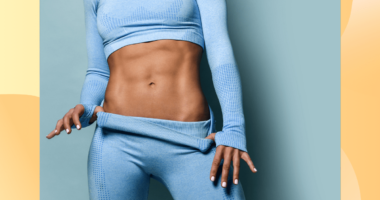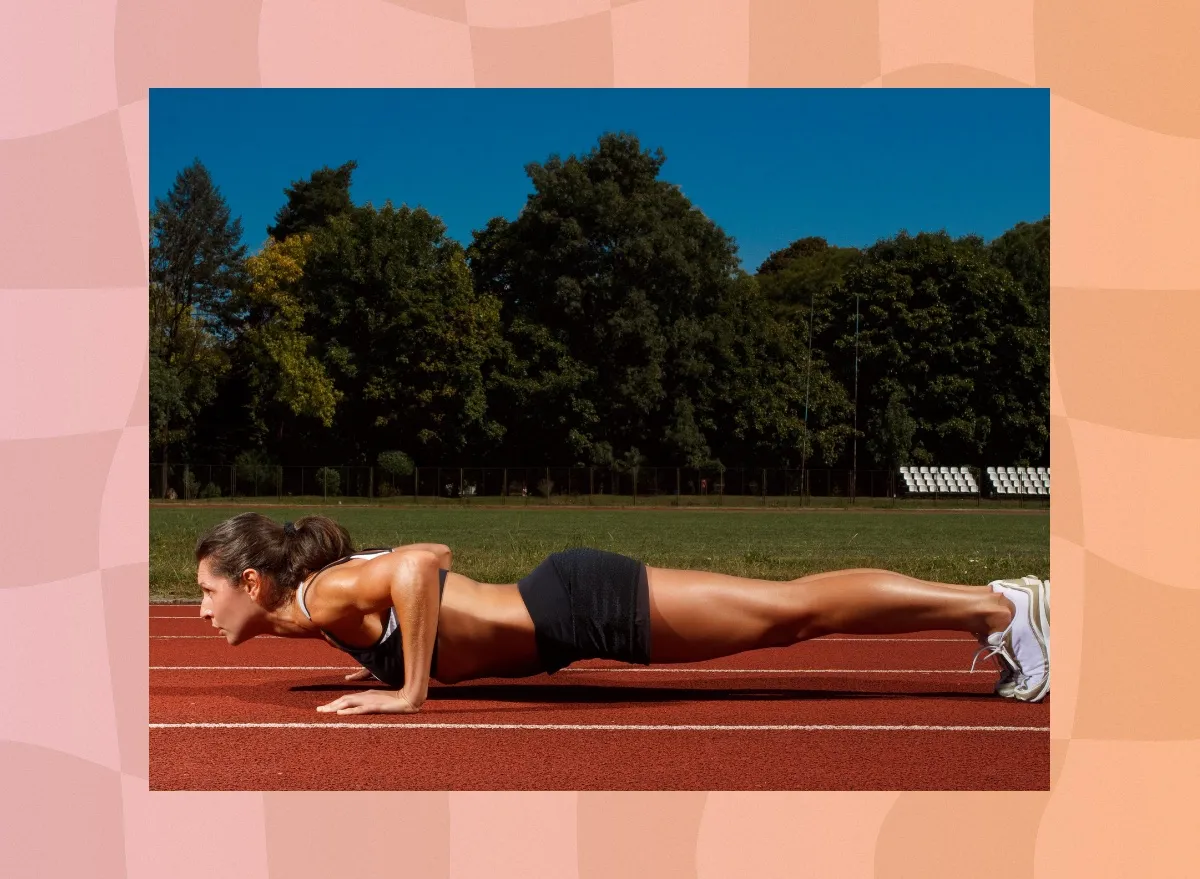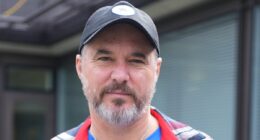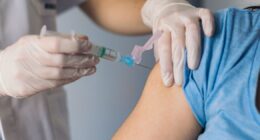What’s the deal with vitamin D? ‘As we head into winter, it’s an important consideration’
People who live in Australia’s southern states are at greater risk of being low in the hormone that packs a crucial health punch
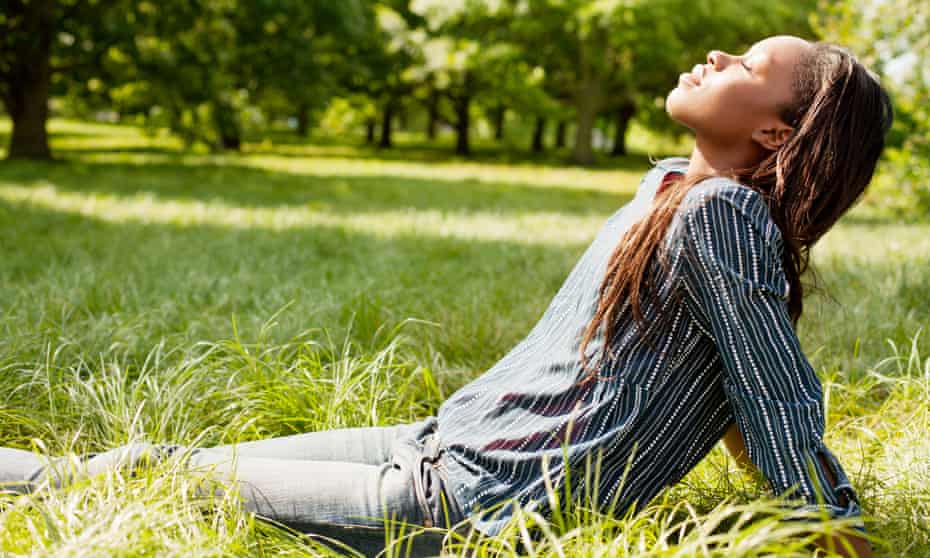
As winter sets in and Australians living in the southern states don scarves, beanies and puffer jackets, many are bracing for a season of colds and flu. Being a season that also tends to bring less sun exposure, winter is associated with lower vitamin D levels, which our bodies derive mainly from the sun. And while this is known to impact bone health, there is growing evidence that vitamin D’s functions could be more extensive, with deficiencies linked to greater risk from respiratory infections.
“When our vitamin D levels are extremely low, they can cause muscle aches and pains of the body and can impact the immune response to infections,” says Vicki Kotsirilos, associate professor at Western Sydney University. “So as we head into winter, it’s an important consideration.”
What is vitamin D?
Despite its common name, the fat-soluble vitamin D is now regarded as a hormone. It is made by the body through a series of steps. When exposed to ultraviolet B (UVB) rays from the sun, cholesterol in the skin is converted to cholecalciferol (D3) and ergocalciferol (D2), which travel in the bloodstream to the liver where they are metabolised to form calcidiol. These then head to the kidneys and are converted to the active hormone, calcitriol.
Around 90% of our vitamin D intake comes from the sun. “Vitamin D deficiency is a sunlight deficiency,” says Ian Brighthope, professor of nutritional and environmental medicine and director of the National Institute of Integrative Medicine.
We can derive smaller amounts from the diet as vitamin D3 or D2. Food sources include fatty fish such as salmon and tuna, eggs, mushrooms, beef liver and full-cream milk. Supplements are also a source of vitamin D3.
Vitamin D and the immune system
Vitamin D helps bones take up calcium and other important minerals and has long been known to help prevent rickets in children and bone problems such as osteoporosis in adults. But it became apparent that vitamin D’s impact went well beyond bone health after vitamin D receptors were discovered in most cells in the body – including immune cells – signalling other functions.
“Vitamin D has a very broad spectrum of activity,” says Brighthope. “Probably, its most important activity is on the immune system, because we now know that people who have high levels of vitamin D in their system are less likely to get acute, severe respiratory infections and end up in hospital and dying in intensive care.”
There is general agreement on the importance of sun exposure, but Professor Prue Hart, principal research fellow at the Telethon Kids Institute, suggests the benefits are not due to vitamin D but rather other molecules produced by the skin. Hart says although blood levels of vitamin D levels are associated with immunity, clinical supplementation trials have not shown any benefit.
While some studies have shown no benefit, a 2017 meta-analysis of 25 randomised controlled trials with more than 11,000 participants reported that vitamin D supplements helped ward off acute respiratory infection.
As these different studies suggest, nothing is simple, because several factors could be at play with respiratory infections. Vitamin D supplements are most likely to benefit someone with a deficiency.
“Vitamin D is only one member of an orchestra of nutrients and it doesn’t work very well if you abuse your kidneys and your liver with alcohol or eat high levels of salt, fat and sugar in particular,” says Brighthope. “All of these things suppress your immunity.” Vitamin D supplements may not always work in people with comorbidities such as heart disease, cancer, stroke, diabetes and metabolic syndrome, he adds.
Brighthope says a medical practitioner with postgraduate nutrition qualifications is best equipped to address these complexities.
READ RELATED: Focus on coping, not curing: how to help an anxious child
How do you know if you’re deficient?
Rickets or osteoporosis could be an alarm bell for vitamin D deficiency, as could muscle aches and pains as Kotsirilos noted. Other than that, it’s hard to tell.
“Vitamin D deficiency doesn’t carry with it too many symptoms,” says Brighthope. People may notice neuropsychiatric or neurophysiological changes, he notes. “For example, it can be tiredness, poor sleep, poor appetite, depression or depression mixed with anxiety.” But these could all be attributed to other factors as well.
Therefore, a blood test is the best way to measure vitamin D status.
Who is at risk?
People who live in the lower latitudes of Victoria, the ACT, New South Wales, South Australia and Tasmania are generally at greater risk of deficiency than those in the northern regions.
“There are also what we call subpopulations within those groups that have a high risk of vitamin D deficiency,” says Kotsirilos. “For example, people who are more house bound, community-dwelling, older and/or disabled people, dark-skinned people and people who are overdressed and avoid the sun or work indoors.” Sunscreen can also block UVB rays.
How do I boost my vitamin D levels?
Getting outdoors is the best way to get vitamin D levels up. “The easiest way is safe sun exposure,” says Kotsirilos. But with our modern lifestyles this can be tricky.
“We were meant to live in daylight,” says Brighthope. “We weren’t meant to live in caves, but I’m sure you are sitting in your cave right now, like I am. So you should really be out there foraging for nuts, seeds, berries and perhaps doing a little bit of fishing.” Physical activity is also thought to help the body produce vitamin D.
Failing that, supplementation can help to lift low vitamin D levels. Recommended intakes vary considerably, and it is best to consult a medical practitioner about appropriate supplement dosage and monitoring.
What about skin cancer risk?
Australians have a relatively high incidence of skin cancer, usually from excessive UV exposure, so common sense should prevail when going out in the sun.
“Going out in the full midday sun in summer is crazy, and going into ultraviolet tanks for tanning is crazy,” says Brighthope. Basically, Hart says we should avoid getting sunburnt – but this is not generally as big an issue in winter.
“Over summer it’s important to cover up and be safe between the hours of say 11am to 5pm,” says Kotsirilos. Balancing this with vitamin D requirements, sun protection is recommended if the UV index is above 3.
Brighthope suggests exposing your skin to moderate amounts of sunlight for 20 minutes a day, or for up to 30-60 minutes before 11am and after 3pm. “Providing you’re not fair-skinned,” he adds. For very pale people, Kotsirilos proposes 15 minutes of exposure per day. “It’s a matter of knowing thyself and everything in moderation.”
Source: Health & wellbeing | The Guardian


